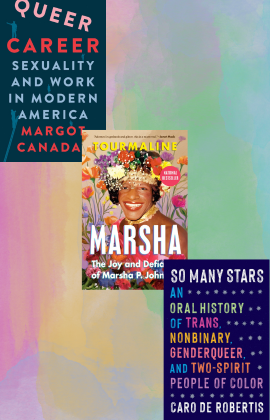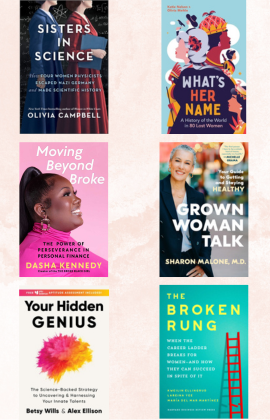
Banned books are back in the headlines. It’s not the first instance, nor will it be the last, but this time the heat has turned up in Keller Independent School District outside of Fort Worth, Texas. Historically, banned books hold the connotation of book burning, but Keller Independent School District isn’t resorting to matches.
Instead, they limit access to titles parents and community members deem inappropriate for specific age groups. And of the 40 titles under review, many will be removed or relocated to high school libraries, regardless of reading level.
Between burning books and restricting access to them, one is objectively worse. But they both lead to a limited world perspective and the lasting consequences that come with it.
Most “banned books” explore race, gender inequality, and sexuality, and many students are pushing back against their removal. Alyssa Hoy and Ella Scott, co-presidents of the Vandergrift High School Banned Book Club, are among many leading “efforts to counter book bans that have proliferated across the country,” according to Ashira Morris. Their group discussions lead to intellectual conversations about the real-world themes reflected in these books.
I often think of friend and recent Hooks Book Events author Howard J. Ross, a lifelong social justice advocate, when the topic of restricting literature arises. In his book, Everyday Bias: Identifying and Navigating Unconscious Judgments in Our Daily Lives, Ross references a study by Justin Wolfers and Joseph Prince about bias among NBA referees. Ross says:
“Simply being aware of the [bias], even without any conscious action, had created significant change…having [the bias] in their span of attention appears to have changed the referees’ behavior.”
Acknowledging an alternative perspective exists is the first step to eliminating bias. Students like Alyssa Hoy and Ella Scott are taking that first step. They recognize the importance of diverse perspectives and inclusive conversations and are fighting for their right to have them.
I believe supporting the future leaders of our country in their pursuit of knowledge is very important. And local libraries are, once again, answering the call.
In March, the American Library Association conducted a study with Chicago residents and reported that over 70% of voters oppose book bans, and over 90% of parents hold librarians in high regard. While library staff rarely, if ever, act “in loco parentis,” they are trusted to lead young readers in the right direction.
Many libraries accept book recommendations from library cardholders and filter them through their material management policies. As a result, they won’t restrict specific titles from gracing the shelves. This alternative doesn’t solve the problem of censorship in schools but allows students to read books that reflect real-world issues and experiences.



